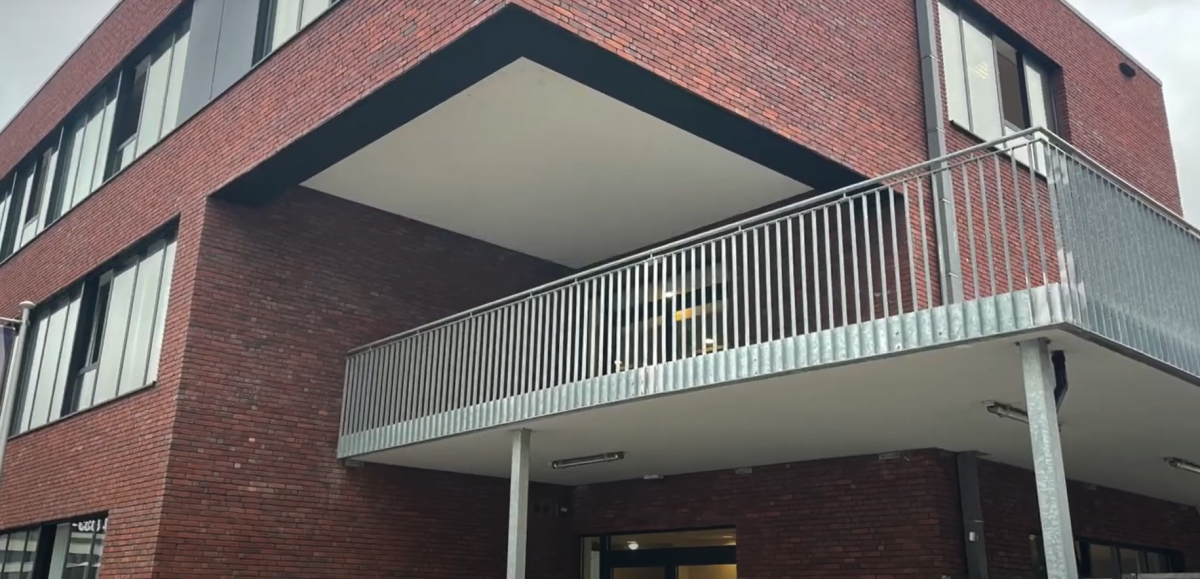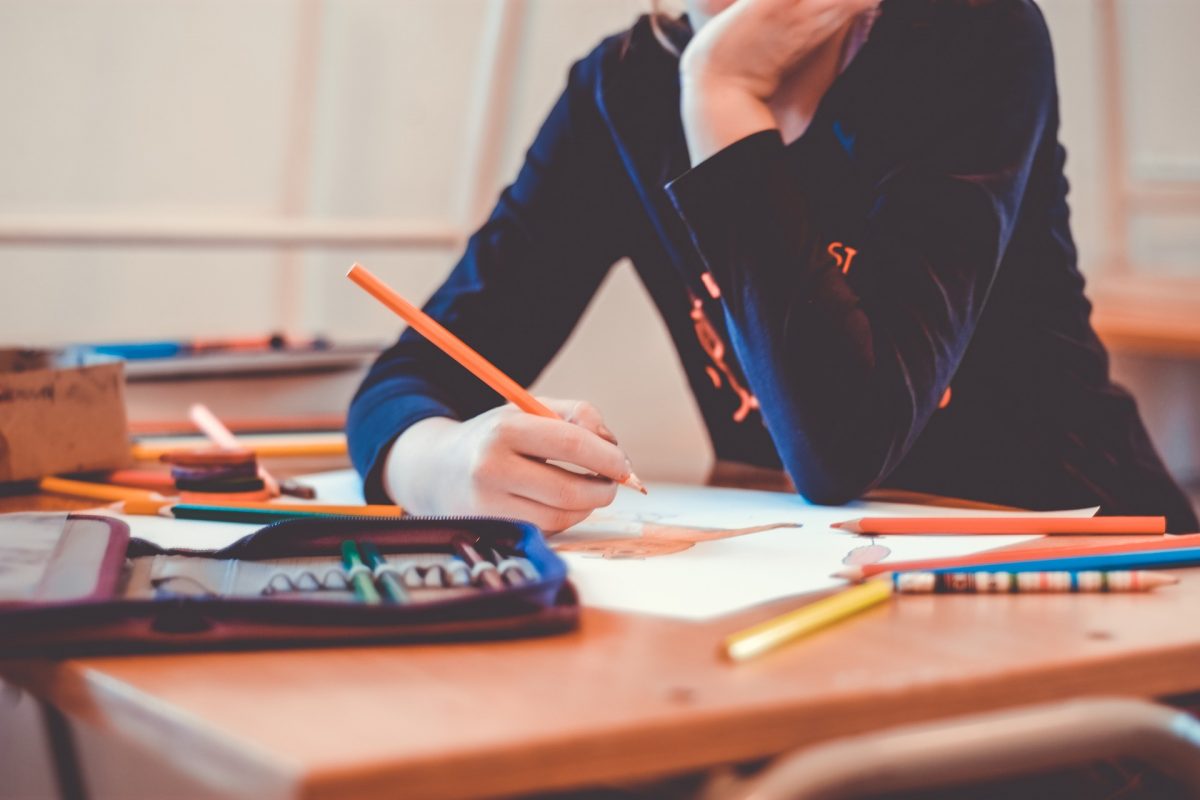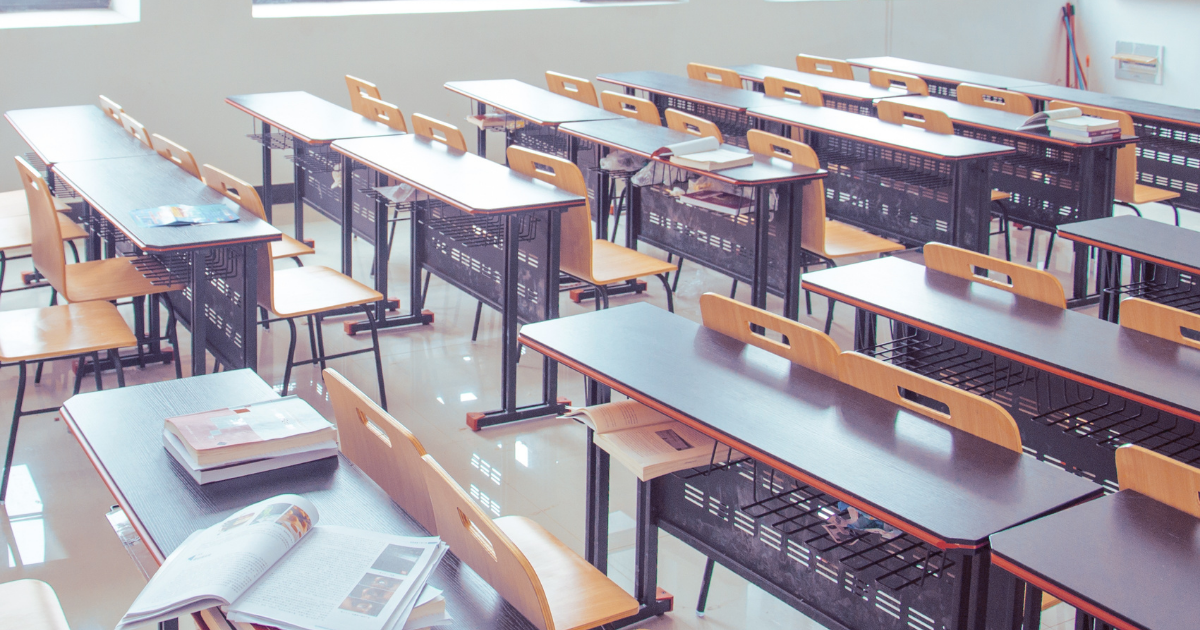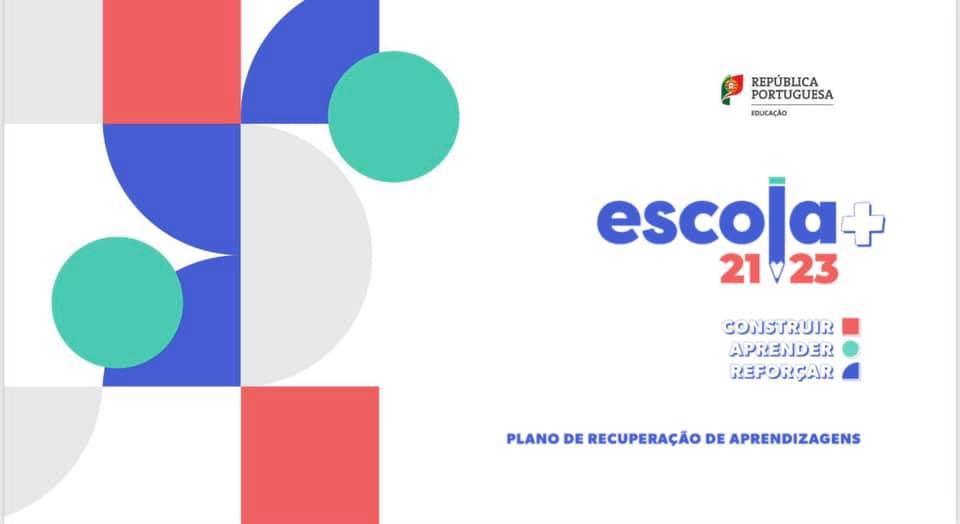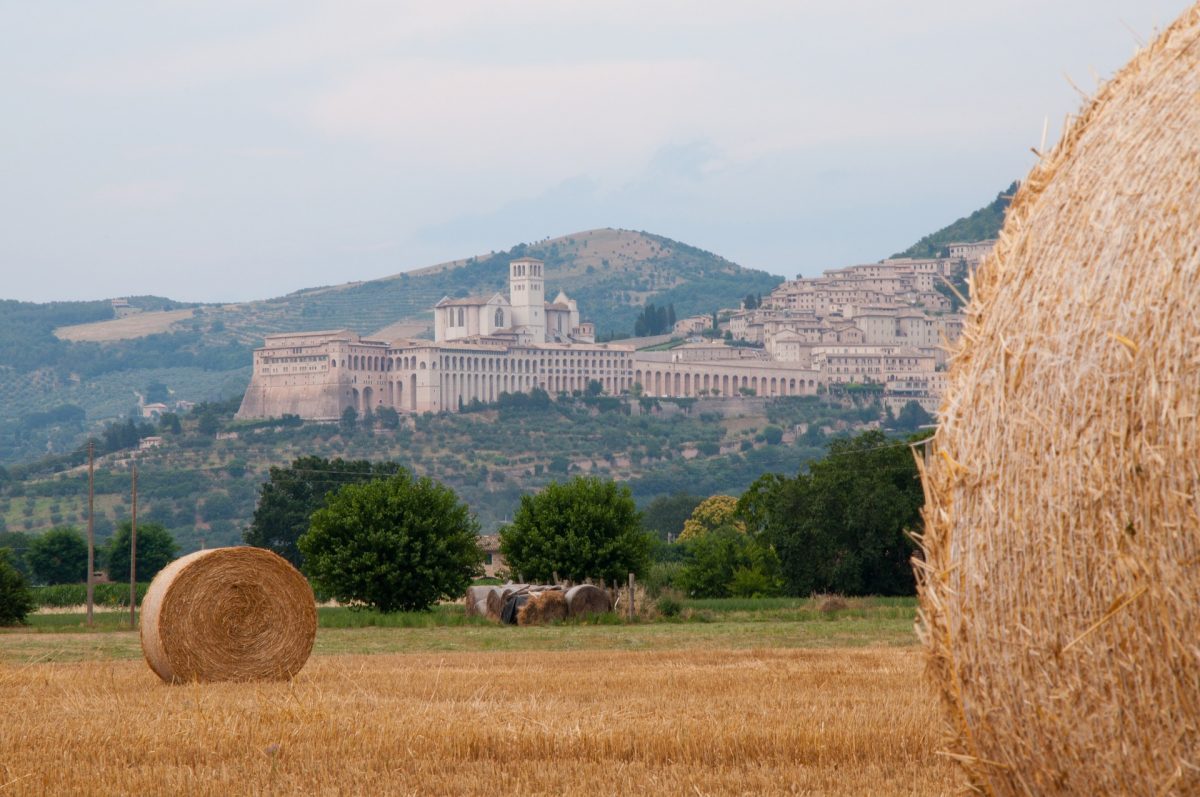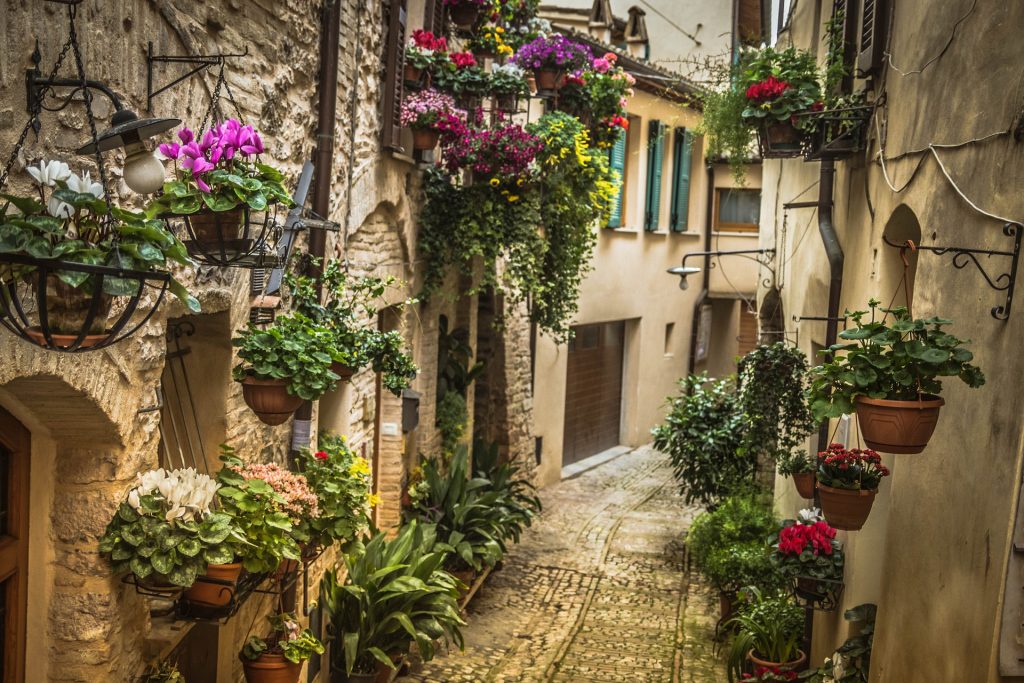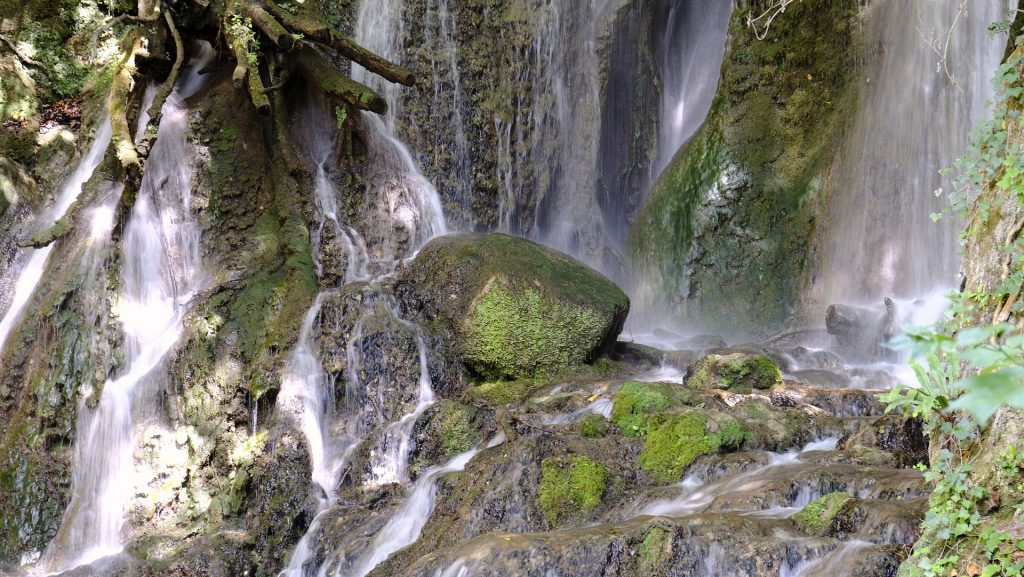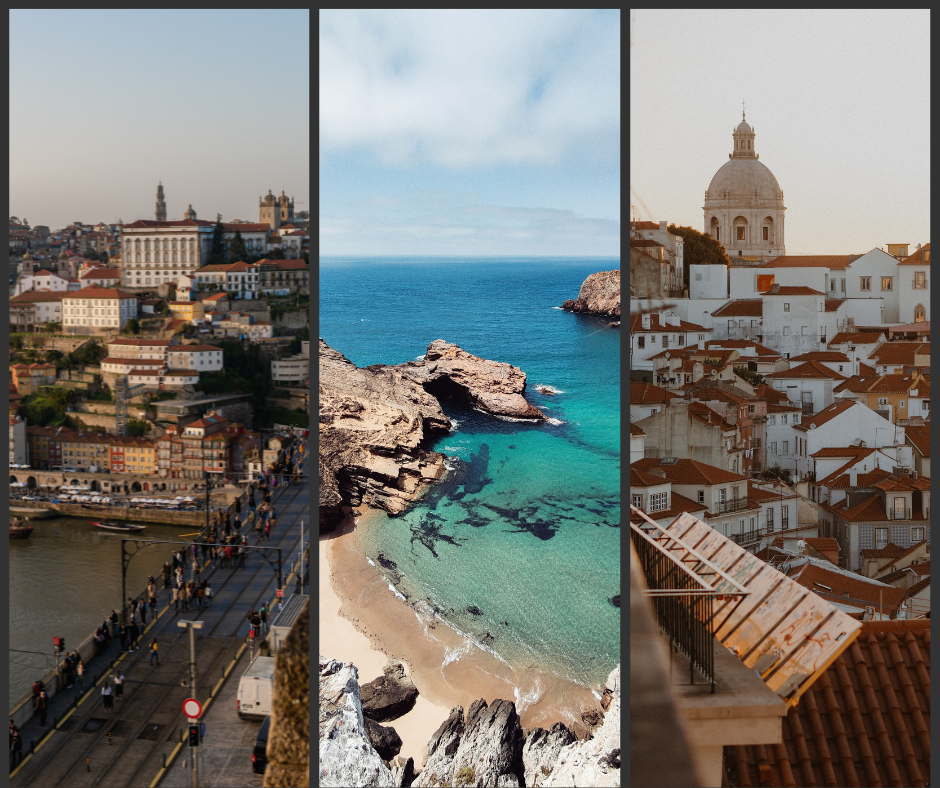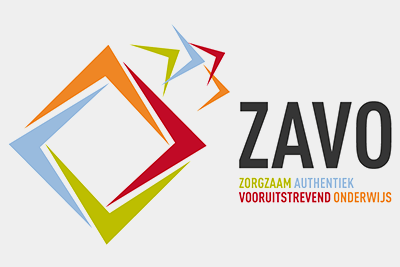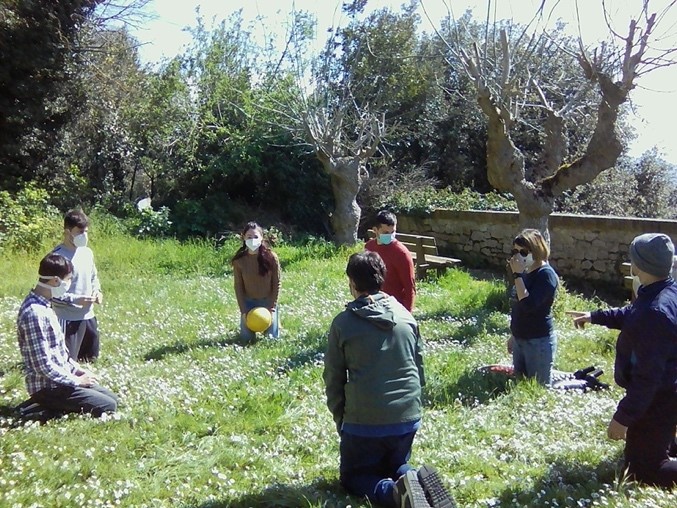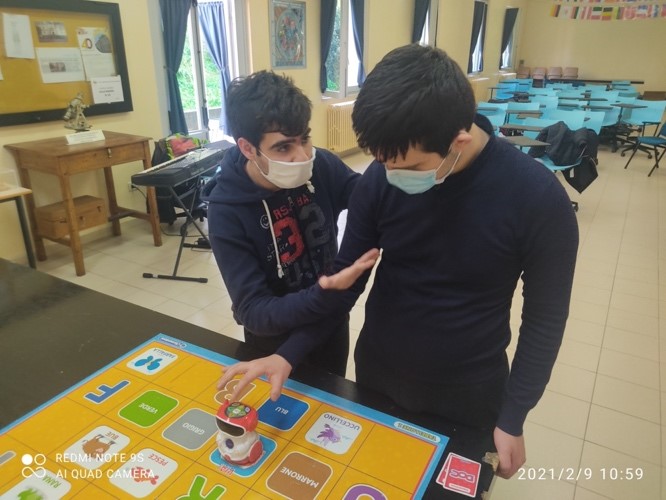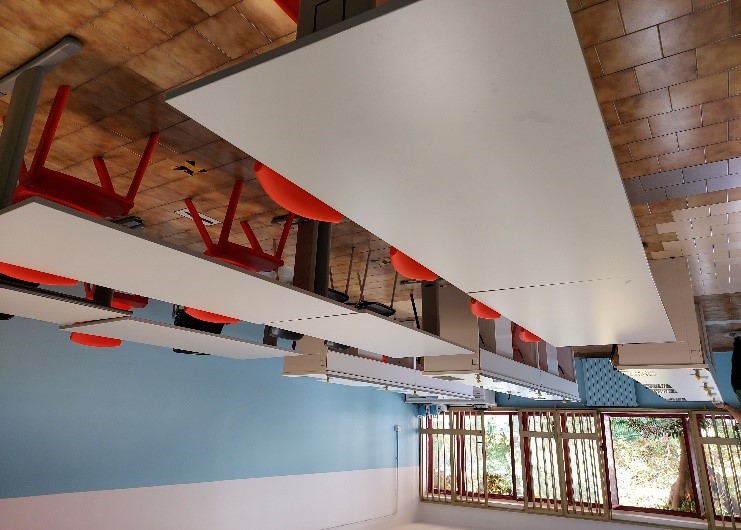Portugal may be small in size, but it certainly has a lot to see and offer thanks to its magnificent diversity of landscapes, a rich cultural heritage, delicious cuisine and unique combination of tradition and contemporaneity.
The VET schools from the Portuguese National Network are in many parts of the country, including the islands and all of these locations have fantastic things to see and are great destinations to visit.
THE NORTH
Caminha is a charming town in the north of Portugal, located at the mouth of the Minho River and the border with Spain. This region is blessed by nature and it can surprise any tourist. The region offers itineraries for those who want mountains, maritime and fluvial beaches, as well as historical and cultural attractions. Around Caminha, there are still traces of civilizations from pre and proto-historic times, such as rock carvings, dolmens and fortified settlements. There are many leisure areas, historical monuments and viewpoints to discover with beautiful landscapes.
Fafe, a rural town in the northwest of Portugal, is a short distance from the city of Guimarães. Known as the Room of Visits of Minho, Fafe is located between the rivers of Vizela and Ferro and is recognized for its gastronomy, cultural heritage and natural beauty. To the surprise of many, this city hides more than one might expect, from stone-built houses to green areas.
Guimarães is the cradle city of Portugal, where D. Afonos Henriques, first king of Portugal, was born. The historic centre, an area within the city walls, is associated to the formation and identity of the country. It was classified as a UNESCO World Heritage Site in 2001, based on the values of originality and authenticity with which it was restored. Even today, the city has a harmonious and preserved patrimonial set that shows in the graceful iron balconies, granite balconies and porches, manor houses, arches that connect narrow streets, floor slabs, smoothed by time, towers and cloisters. For a moment, you can imagine yourself in a medieval setting!
Less than an hour away from the city of Porto, Felgueiras has endless reasons to be visited, from its gastronomy, cultural heritage to its traditions. You can explore a bit more of the countryside of Portugal through the monuments of the Romanesque Route, the traditional embroidery, the famous” Pão de Ló de Margaride” and the green wines.
Lixa is located right next to Felgueiras and it is popularly called “Terra Verde” (Green Land). Similarly to Felgueiras, this city has a cultural and gastronomic heritage truly rich and diverse. Is an obligatory stop on this itinerary and certainly enriching and delicious!
Matosinhos, one of the largest cities in the district of Porto, has a large area bathed by the Atlantic Ocean and is a city with a great industrial development, which seeks to maintain its popular traditions at the same time. From the sea to the table, the architecture and the monuments, Matosinhos is an unavoidably delightful city.
The already famous city of Porto is a fascinating city, situated on the slopes of the Douro River. It is classified as a UNESCO World Heritage Site due to its beautiful monuments and historic buildings, such as the imposing “Sé” or the “Torre dos Clérigos”. Porto is Portugal’s second largest city and has superb views of the world-famous Port Wine Cellars on the opposite bank of the river in Vila Nova de Gaia. Although largely industrialized, Porto offers a harmonious synthesis of ancient and contemporary attractions.
CENTER
Many people have never heard of it, but Espinho is a very interesting Portuguese city. It has about 8 kilometers of beach, a must for those who like surfing and beach weather, but it is also a cosmopolitan city with an interesting heritage and a booming tourist industry. Visiting Espinho is really a wonderful experience – have lunch (try fresh fish!), go for a swim or surf, relax at the beach or go for a walk and enjoy the view!
Arrifana is a Portuguese village in the municipality of Santa Maria da Feira. It is a historic and secular land, proud of its historical past. It is highly industrialized, where traditional footwear and leather goods factories prevail, but where the metalworking industry also occupies a prominent place, particularly in the manufacture of machinery for the footwear industry.
ALENTEJO
Elvas, the „Queen of the Border“ is one of the hidden treasures in Alentejo. Its strategic position, near the border with Spain, contributed to its military history. It was classified by UNESCO, in 2012, as World Heritage Site for being a border and garrison city and for its many fortifications. In fact, the city houses the largest fortification in the world, has a religious heritage with about 40 churches and convents and more than 20 military buildings!
ISLANDS
Ponta Delgada started out as a simple fishing village, but soon began to play the role of the main port of the island of São Miguel. Today, Ponta Delgada is a cosmopolitan, outward-looking city with an active economic and cultural life. With a history of more than five centuries and precious testimonies of the past, Ponta Delgada is a multifaceted city where tradition coexists with the present day and with the tranquillity of an Azorean life.
Funchal is unique for its diversity, from the sea to the mountains, from fruits to flowers and from embroidery to basket cars. Located in the south of Madeira Island, the city can be easily visited on foot in one or two days. Funchal is a city with a history of more than 500 years, which gives it a very engaging and charming historical context, dominated by a powerful landscape between the sea and the majestic mountains.
